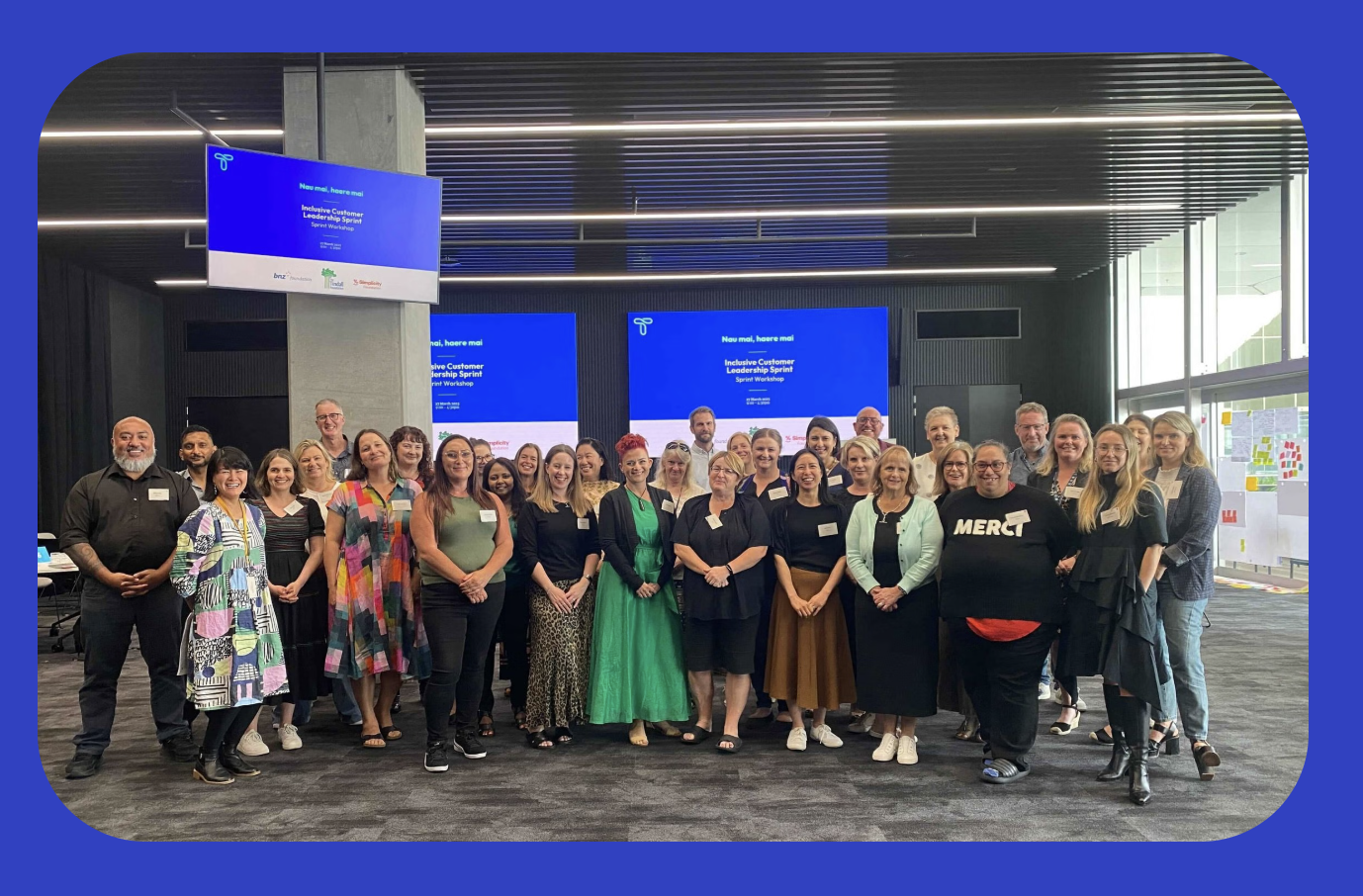STUDIO
In a nation that has the natural beauty, pristine environments and deep cultural connection to land and place of New Zealand, environmental stewardship is a vital role of government.
Increasingly the New Zealand government is realising that sustainability and preservation are not solely about managing the environment, but rather managing people within the environment.
Paradigms are the sources of systems and represent the shared beliefs of society based on a dominant world view. They are extremely difficult to change on a societal level.
We are at a breaking point of our current paradigm in the face of climate change, a point that New Zealand’s Ministry for the Environment (MfE) understood and embraced. New ways of thinking would be needed to drive future government responses in this area.
The challenge
The ministry recognised that environmental policy approaches required updating in New Zealand in order to build the future that most New Zealanders hope for.
There was a need to transition from knowledge in pockets to a collective understanding; to step back and see the shift needed in how MfE and governments operate; to start the process of garnering support as a step towards changing behaviour.
This is an essential piece of a systems-level strategy to preserve the natural bounty of one of the most beautiful countries on Earth.
Our Response
There is no shortage of global information that exists for policymakers to shift the way they work to support more environmentally friendly practices. The challenge is looking at all of that information and distilling what is relevant and necessary for our unique context from a holistic point of view.
Without a unified perspective from within the Ministry, it was not possible to get the ball rolling on shifting the current paradigm and there was a significant risk of the wheels just spinning.
ThinkPlace was able to facilitate this conversation around emergent and traditional policy approaches from a global, indigenous and systems thinking lens to explore what is possible and how we get there.
We held two workshops that consisted of a diverse group within MfE. With reference to more than 30 models, frameworks and approaches to act as the foundation for the workshops, the group diverged and then converged on what these inputs could contribute for new environmental policy thinking in New Zealand.
ThinkPlace created the space to explore ideas and actions to move towards a preferred future. An innovation continuum was used to frame what could be done now, but more importantly what could be done to design the future in a radically new paradigm, understanding the implications and how incorporate key concepts in to the policy.
Our Impact
ThinkPlace’s work with the ministry resulted a draft “belief system” that can be tested within the working group and more broadly within the organisation.
This belief system will act as the base which MfE can anchor decisions in.
The core of this belief system is that people and the environment are inextricably interlinked, a belief that has always been held in Te Ao Maori, and that through our guardianship of nature, we can contribute to all forms of capital; human, economic, social, cultural and a net positive environmental capital.
This process will require significant transition of people, their mindsets and their values. But creating the model for progressive, systems-thinking policy approaches will pave the way for both people and planet to thrive.



